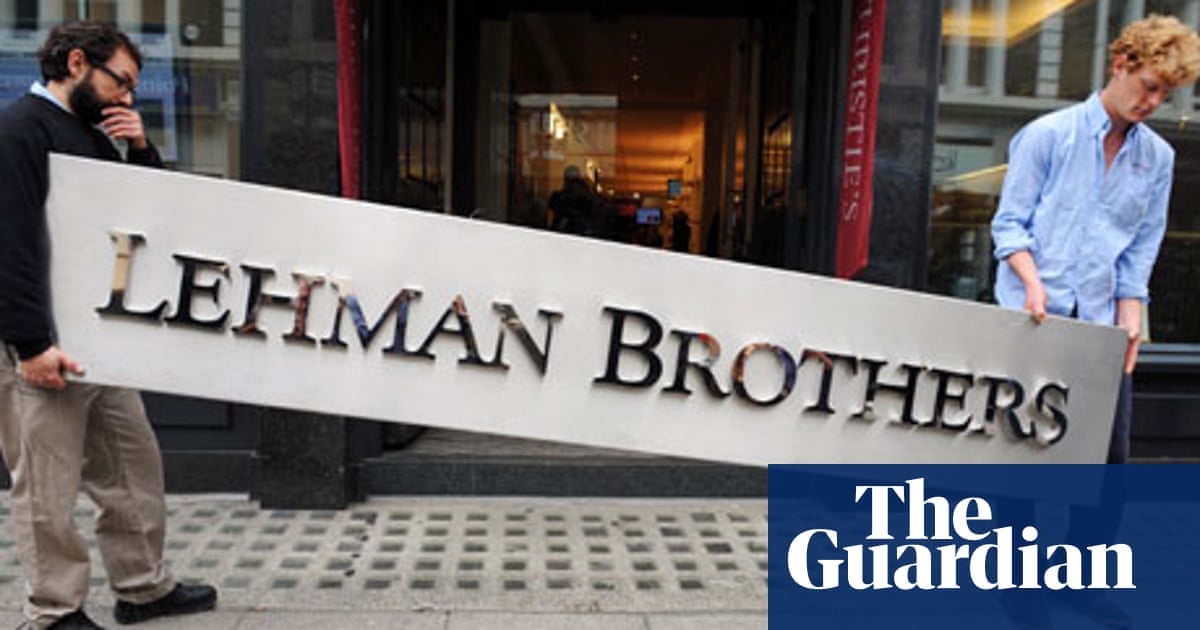For many years prior to its demise, Lehman Brothers employed Ernst & Young (EY) as the firm’s independent auditors to review its financial statements and express an opinion as to whether they fairly represented the company’s financial position. EY was supposed to try to detect fraud, determine whether a matter should be publicly disclosed, and communicate certain issues to Lehman’s Board audit committee. After Lehman filed for bankruptcy, it was discovered that the firm had employed questionable accounting with regard to an unorthodox financing transaction, Repo 105, which it used to make its results appear better than they were. EY was aware of Lehman’s use of Repo 105, and its failure to disclose its use. EY also knew that Lehman included in its liquidity pool assets that were impaired. When questioned, EY insisted that it had done nothing wrong. However, Anton R. Valukas, the Lehman bankruptcy examiner, concluded that EY had not fulfilled its duties and that probable claims existed against EY for malpractice. In this case, participants will consider the role and effectiveness of independent auditors in ensuring complete and accurate financial statements and related public disclosure.
Fonte:
Wiggins, Rosalind Z.; Bennett, Rosalind L.; and Metrick, Andrew (2019) "The Lehman Brothers Bankruptcy D: The Role of Ernst & Young," Journal of Financial Crises: Vol. 1 : Iss. 1, 100-123.




Nenhum comentário:
Postar um comentário